You know how your parents or grandparents love to reminisce about the “good old days”? Well, as much as we roll our eyes at their nostalgic ramblings, the truth is, they’ve been through some seriously tough times that most of us can’t even imagine.

Think about it – the Baby Boomer generation (born between 1946 and 1964) grew up in a completely different world from what we know today. No smartphones, no internet, no streaming services – heck, even color TV was a luxury back then!
But it wasn’t just about the lack of modern conveniences. Our elders had to navigate through some pretty gnarly challenges that shaped their lives in ways we’ll never fully understand. From dealing with the Cold War threat to fighting for civil rights and gender equality, these folks had it rough.

So, let’s take a walk down memory lane and explore 13 struggles that the Boomers faced head-on, but us Millennials and Gen Z kids were fortunately spared from. Who knows, you might just gain a newfound respect for the older generation after reading this!
No Calculators

Performing even basic arithmetic was an arduous task before calculators became widely available. Boomers had to rely on scratching out math problems with pencil and paper or using massive, loud adding machines that took up entire desk spaces.
Today’s smartphones and digital calculators have utterly spoiled younger generations with effortless number-crunching capacities that were once novel luxuries.
Rotary Phones
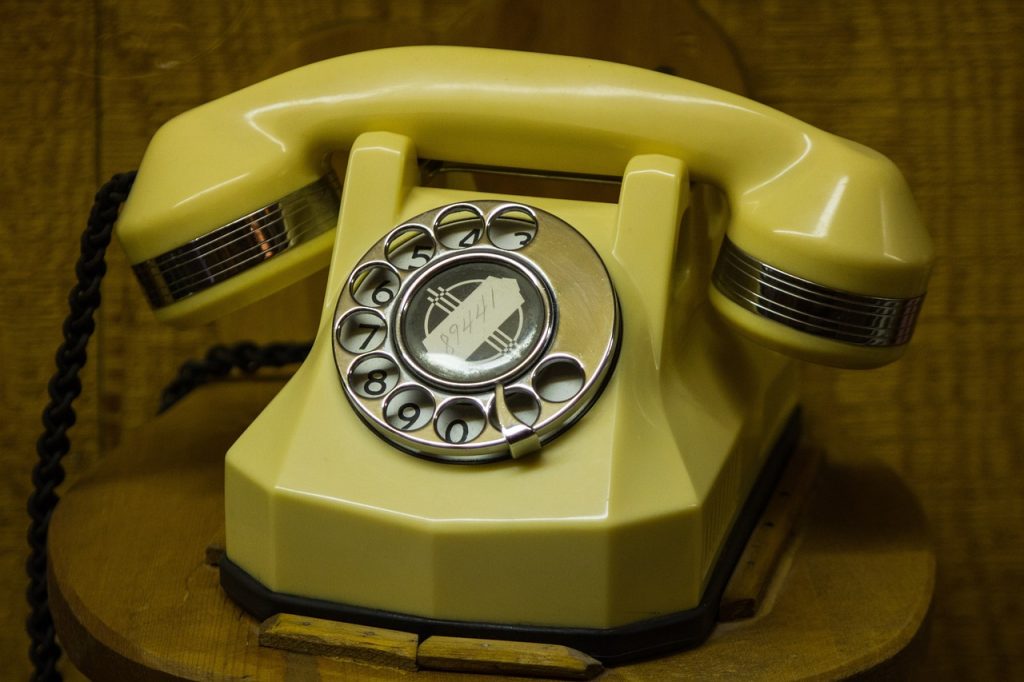
The rotary phone system required genuinely putting in shoulder-gripping effort to make a call. Each digit had to be painstakingly dialed by sticking a finger into the appropriate hole on the rotary dial and pulling it around in a circle until it clicked back into place.
Encounters with a wrong number meant grunting through the entire routine again from the start. Long-distance calls were both expensive splurges and massively inconvenient undertakings on these rotary-dial relics.
No Remote Controls
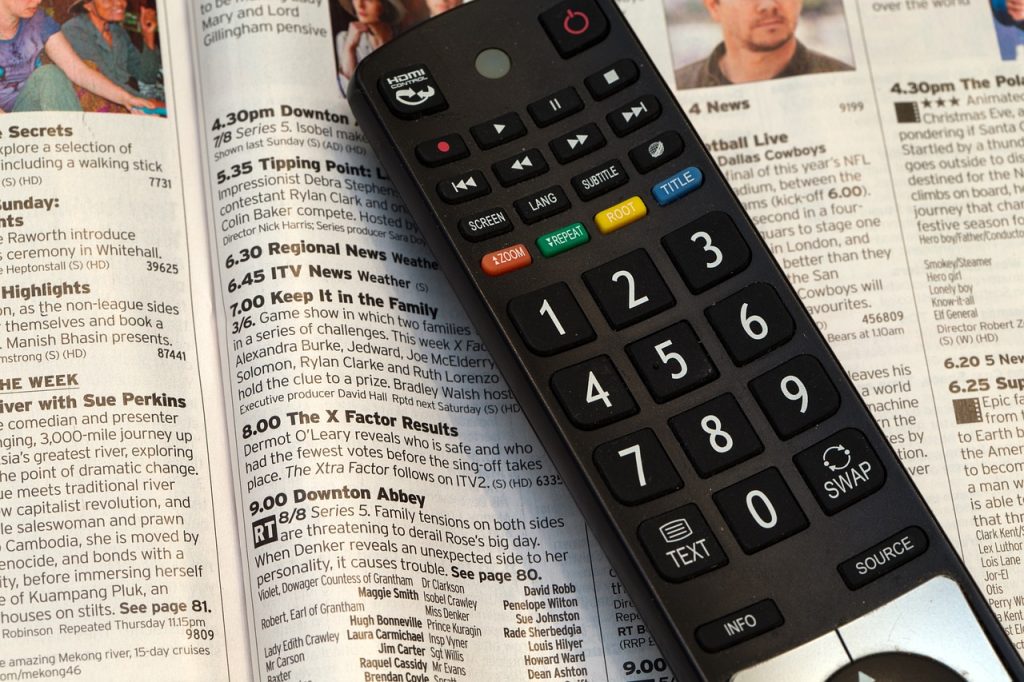
Switching television channels, adjusting the volume, or turning the set on/off always necessitated getting up off one’s rumpus and plodding over to the TV set itself.
There were no handy remote controls, so watch what you wanted when you wanted it usually meant constant back-and-forth battles over who was behinds the buttons. It made channel surfing during commercials a major workout instead of the mindless thumb-exercising it is today.
Boomers had to earnestly decide upon and commit to a program in a way that’s been eroded by our ability to effortlessly graze between shows and streaming services.
Party Lines
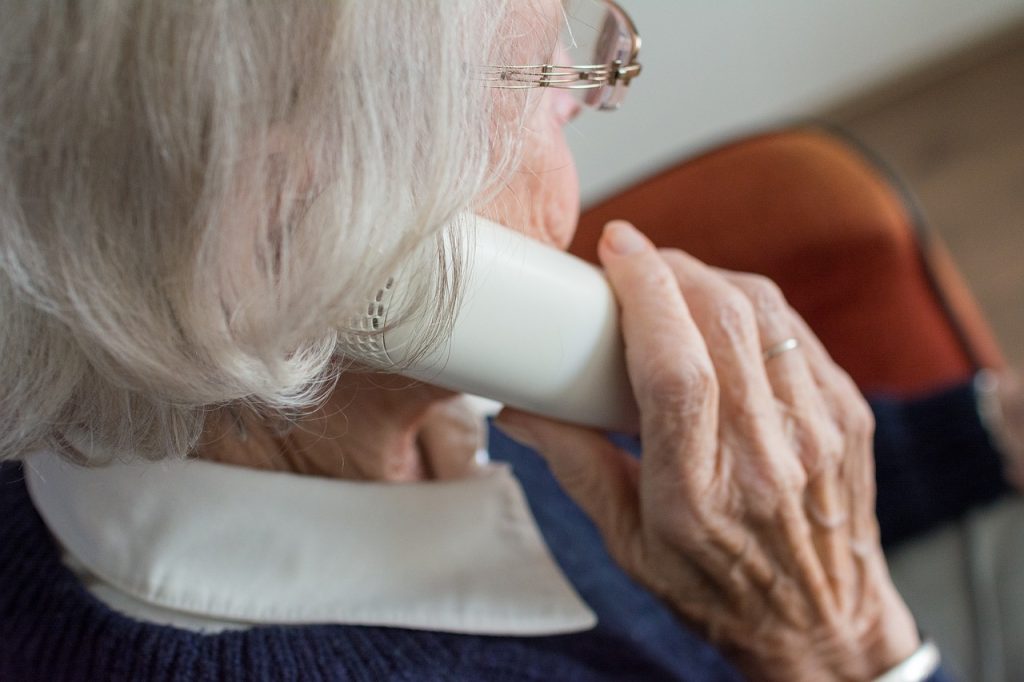
Having a private phone conversation was fundamentally impossible under the old party line system that fed multiple households through the same telephone cable. If your neighbor happened to pick up their extension during your call, they could ease-drop on everything being said without much recourse on your end.
On the flip side, it was easy to get unintentionally patched into someone else’s chatter, subjecting everyone to extremely awkward moments.
Typewriters

The process of composing any document beyond a short letter or memo was grueling thanks to the limitations of typewriters. Every word had to be laboriously pecked out letter-by-letter in a painfully linear process with no going back to easily revise sentences or reformulate thoughts.
A single typing error meant either scribbling out the mistake with Liquid White-Out and trying to re-type over it, or having to rip the entire page out and restart it from scratch – a costly waste of time, paper and supplies.
Car BS
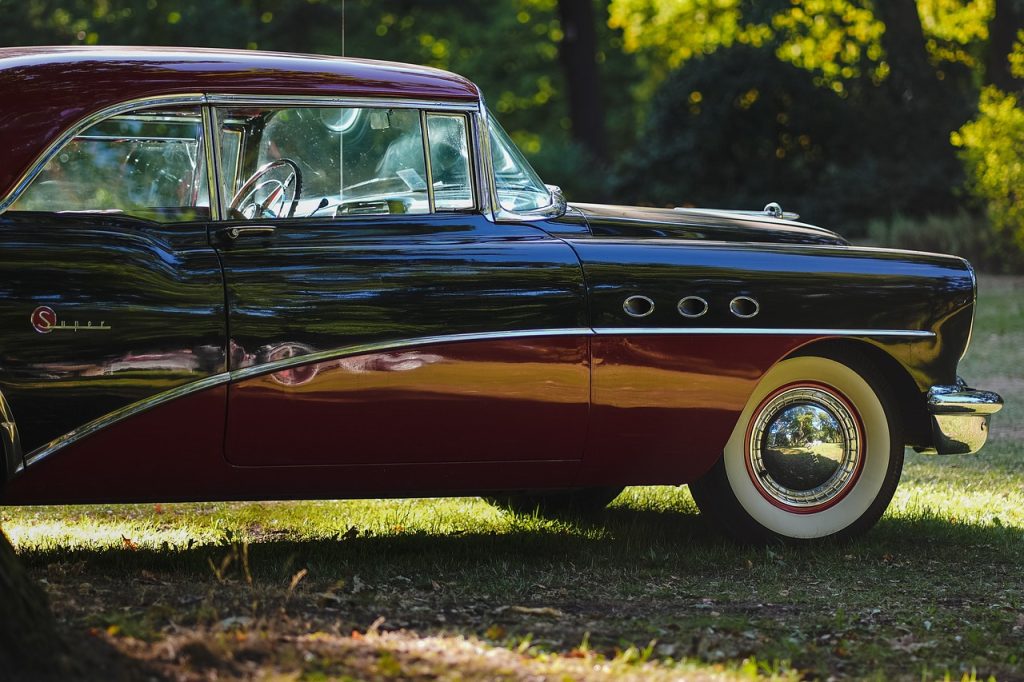
Raising or lowering a window required furiously churning the old hand-crank levers – real bicep exercises that young people never had to endure. There were no air conditioning units, so allowing fresh air meant banging down those heavy folding vent windows and subjecting your hairstyle to withering gusts.
Entertainment options were limited to AM/FM radio at best or more commonly just the road noise itself, a far cry from today’s integrated audio systems, media players, and app-linked capabilities. It was bare-bones motoring.
No ATMs
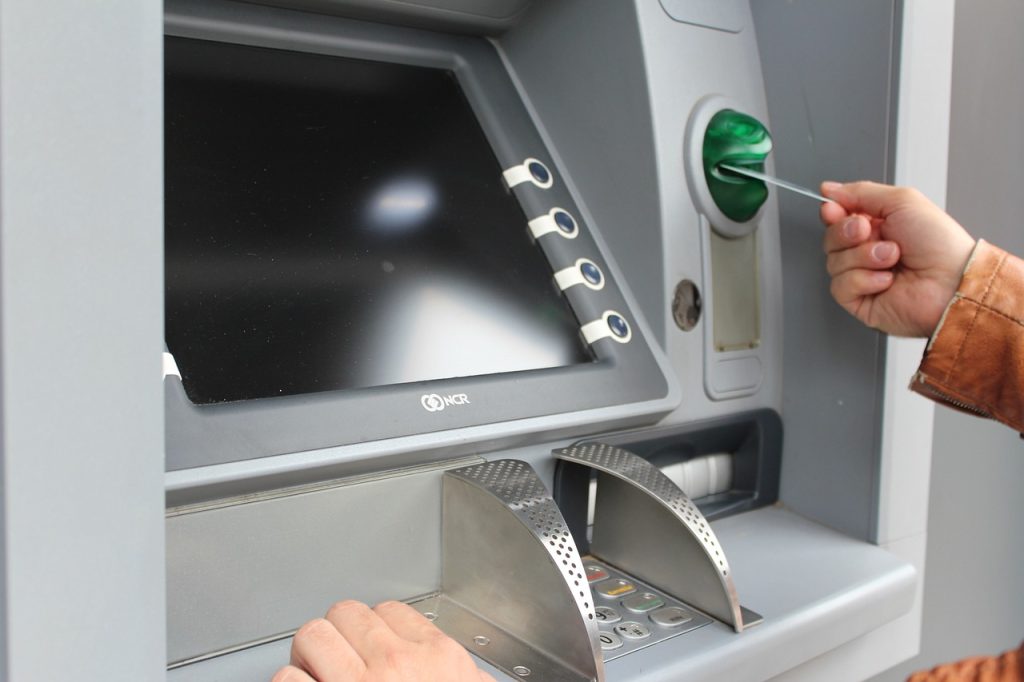
Before widespread ATM networks, if you needed cash there was only one place to get it: the bank itself. This usually entailed driving across town during open hours and then waiting in a line of tellers just to make a withdrawal or deposit – running simple banking errands could easily gobble up a big portion of someone’s day.
Exhausting your cash supply meant borrowing from friends, delaying transactions, or risking pricey fees and negatively impacting your relationship with the bank for overdrawing or having non-sufficient fund infractions.
It was a headache that Millennials and Gen Z have fortunately never had to cope with.
No Voicemail
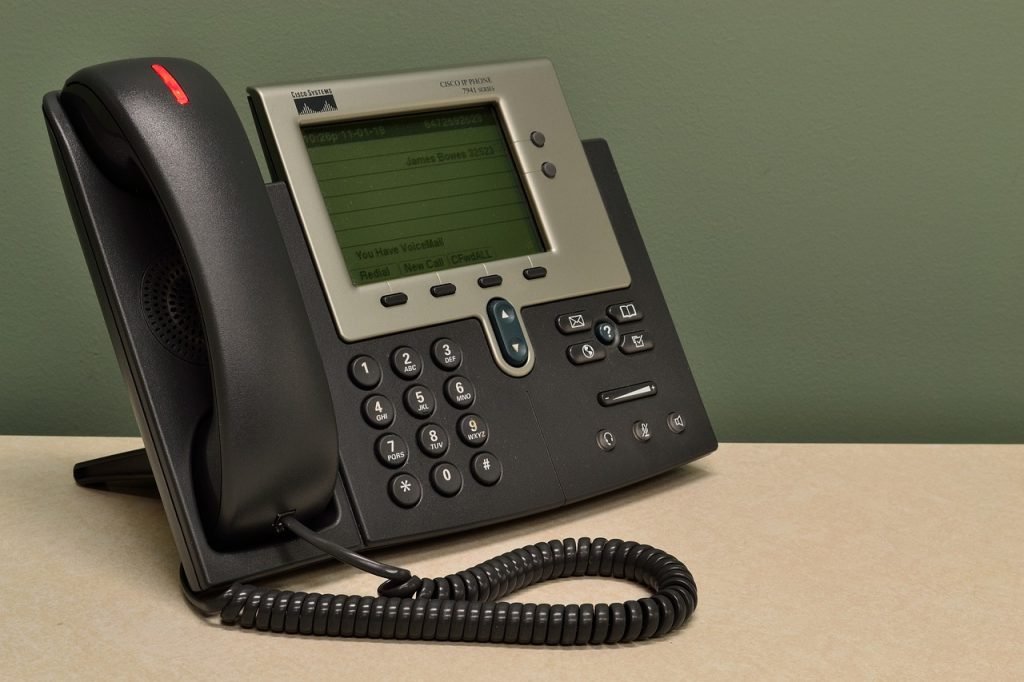
In the pre-voicemail and caller ID world, unanswered phone calls would ring endlessly with no way to screen them or leave a message once the answering machine tape was full.
Callers would have to keep trying back over and over again until someone was physically present to pick up the handset and speak with them live.
It was an extremely disruptive and frustrating cycle that prevented any ability to multitask or fully step away from the wired landline for any meaningful period of time.
Physical Maps

In-car navigation systems and mobile maps/GPS didn’t exist for Boomers growing up, leaving printed atlases and maps as the only way to chart direction for any long trips.
This involved a passenger painstakingly tracing routes across expansive foldout maps while the driver inched along, leading to many heated “turn here!” barks and getting utterly lost when paths diverged.
Giant spiral-bound tour books with turn-by-turn route breakdowns and mile markers were essential tools for any road trips back then, as missing an exit or turn could easily derail journey progress and force maddeningly inefficient re-routing and backtracking.
Writing Letters
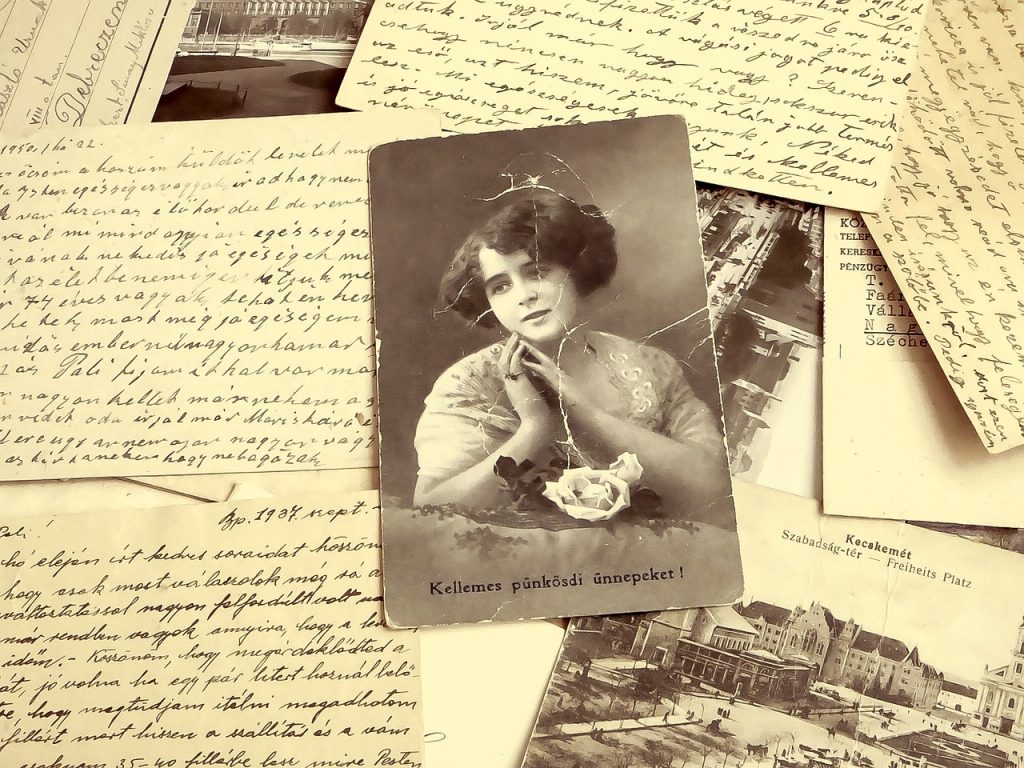
The only way for Boomers’ long-distance communications happened at the literal speed of mail delivery due to having to exchange everything through handwritten letters.
Catching up with an old friend or relative necessitated sitting down with pen and paper to scrawl out a lengthy life update, hoping it would get delivered in a reasonable span of time. Time-sensitive matters would frequently become stale or moot by the time correspondence made its rounds.
Four TV Channels

Early television viewers had precious few options and zero streaming smorgasbord back in the Baby Boomer era. Most households could merely receive a small handful of channels via antennas and towers – usually just the major network staples like CBS, ABC, NBC or PBS at best.
When primetime programs concluded at 11pm, the airwaves simply went to static until morning rebroadcasts resumed.
No Video Games

For most of the Boomer generation, the concept of digital entertainment through video games was entirely foreign and non-existent until the 1970s and 80s.
Atari rolled out the first popular home gaming consoles like the 2600, creeping open the door to these marvels we take for granted today.
Before that, kids had no choice but to commit to outdoor activities, board games, puzzles, books, and simply using their own imaginations to invent fun and games on the fly. Passively staring at screens was a luxury hobby enabled later in the Boomers’ lifetimes.
Recording TV
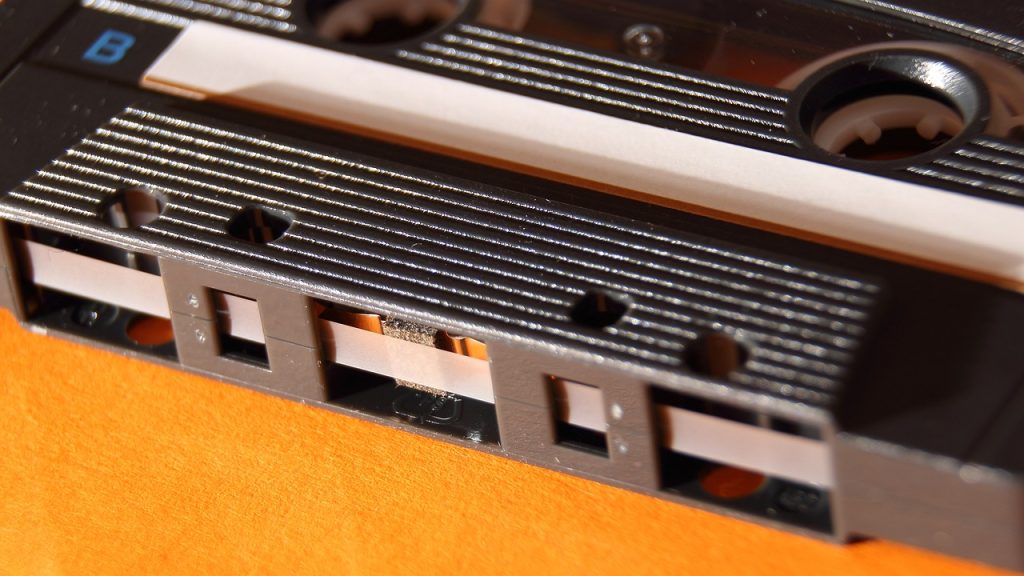
In the pre-DVR and streaming era, the only way for Boomers to record television programs involved hooking up a VCR unit to the TV and meticulously configuring it to capture desired shows on VHS videocassette tapes.
The process required carefully noting start/end times, programming the clunky VCR boxes through coded inputs, and ensuring a fresh blank tape was cued up and ready to record. It was a tedious hassle that frequently failed due to timing errors or other technical glitches, irreparably missing whole episodes or events.
While we tap away impatiently on our smart everything, the Boomers kept life moving along with far fewer digital efficiencies. Suddenly paying for streaming and data doesn’t seem like such a headache, does it? The next time you complain about your wifi buffering, remember – at least you’ve got wifi!
Our parents may have walked uphill both ways, but we’re lucky we had it easier in many ways thanks to their hard work and perseverance.
So next time your Boomer relatives start waxing nostalgic, lend an ear – their stories are priceless pieces of living history we shouldn’t take for granted.